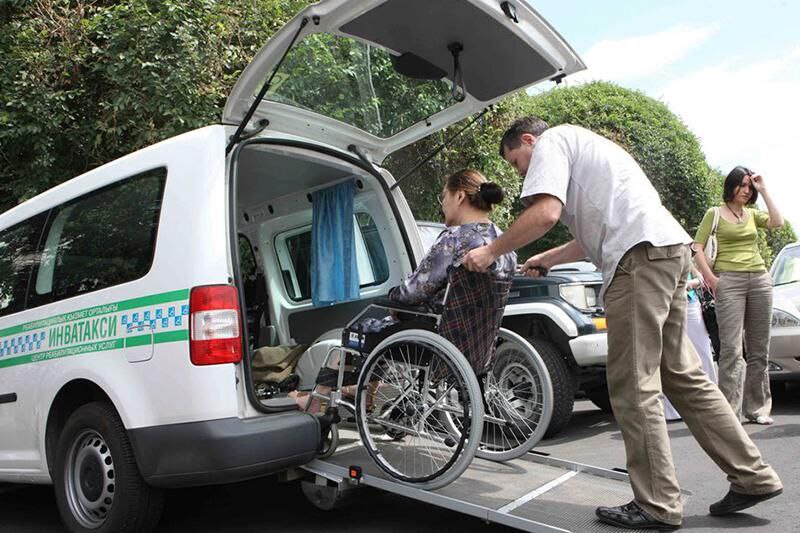Tajikistan Steps Up Efforts to Combat Obesity and Malnutrition
The Food and Agriculture Organization (FAO) of the United Nations , in collaboration with Tajikistan’s Ministries of Health and Agriculture, has launched an initiative to develop national nutrition guidelines aimed at promoting sustainable food systems. The project was presented at a national workshop focused on improving public health through better nutrition. Rising Obesity Rates in Tajikistan Tajikistan has experienced a steady increase in obesity over the past 11 years. In 2012, 46.3% of the population was classified as overweight; by 2023, this figure had risen to 51%. During the same period, obesity rates increased from 13.4% to 17.4%. Despite these concerns, food insecurity and malnutrition remain significant challenges in the country. FAO’s acting representative in Tajikistan Aghasi Harutyunyan says that addressing these issues requires a collaborative approach: “This [initiative] is an important milestone for Tajikistan in developing a healthy eating framework based on sustainable food systems. All stakeholders in the food system have a responsibility to ensure that consumers have access to nutritious food. Through collaboration, we can develop policies that improve nutrition and strengthen the country’s agri-food system.” Food Security and Nutritional Deficiencies Although there have been some positive trends, food security remains a major concern for many Tajik citizens. According to Nushervoni Bilol, deputy director of the National Nutrition Centre, ongoing issues include lack of trained specialists, weak laboratory infrastructure, insufficient equipment, limited international support, and low government funding for nutrition initiatives. Health Ministry Data on Nutrition Trends A 2023 report from Tajikistan’s Ministry of Health highlighted both improvements and continuing challenges in the country’s nutrition landscape: The rate of exclusive breastfeeding among infants under six months increased from 34% (2012) to 41% (2023). The proportion of stunted children decreased from 23% to 14%. Anemia rates among women of childbearing age and children under five dropped to 35-36% (down from 41.2%). However, acute malnutrition remained at 5.6%, and the number of overweight individuals continues to rise. As Tajikistan works to improve public health and food security, experts emphasize the need for greater investment in nutrition programs, better-equipped laboratories, and stronger collaboration with international partners.






